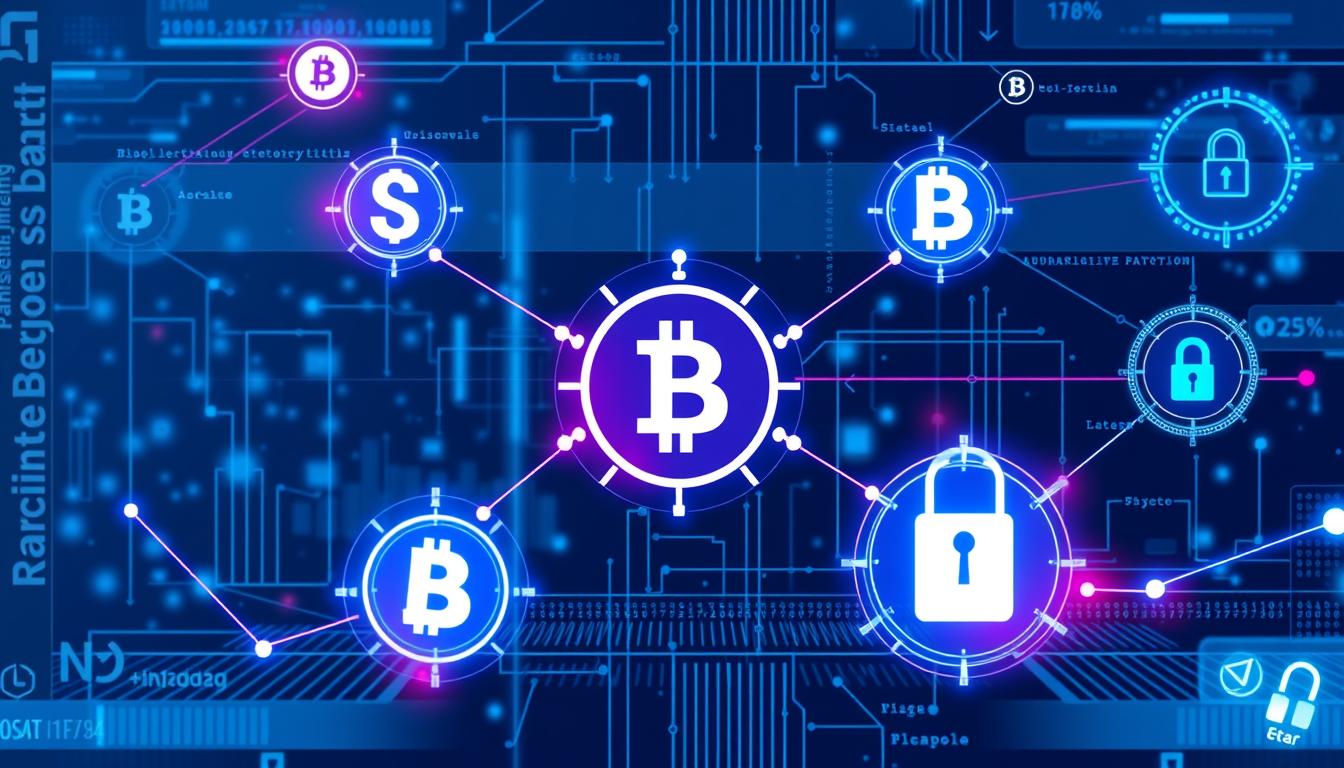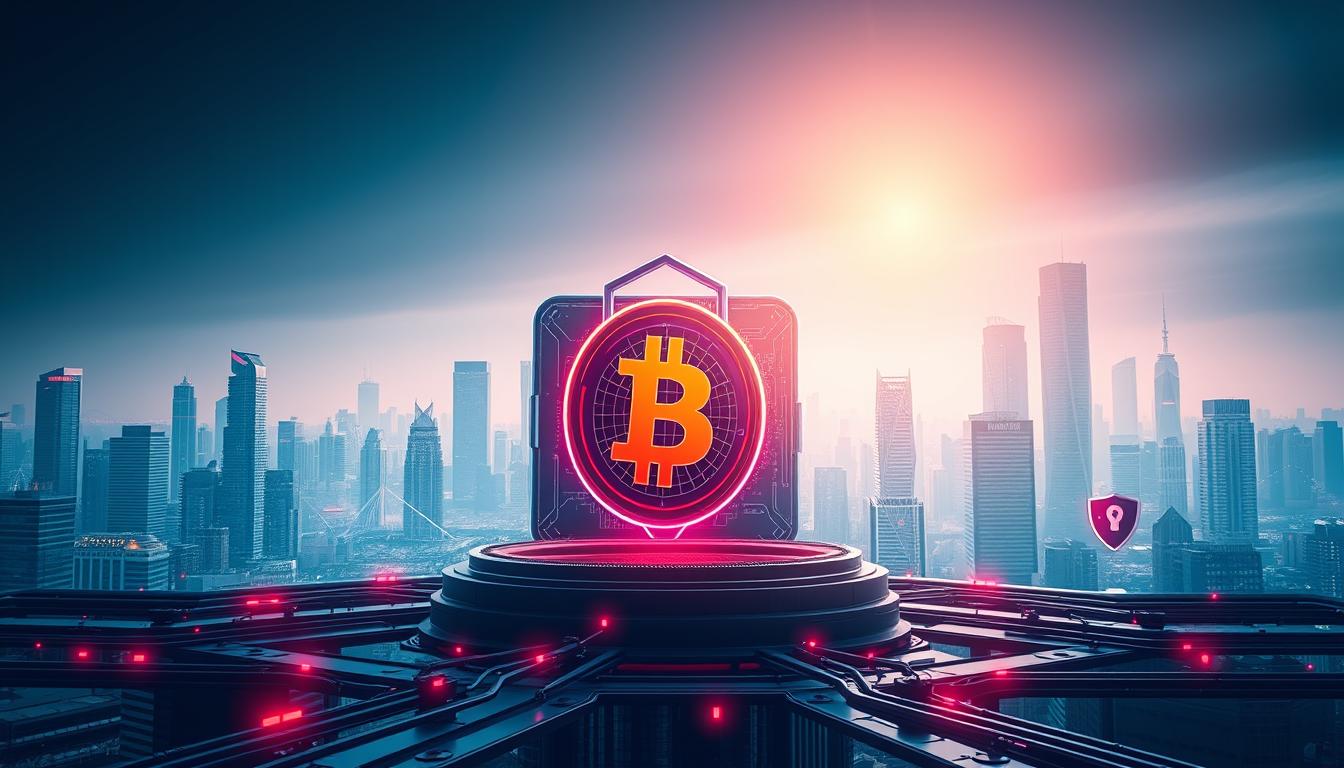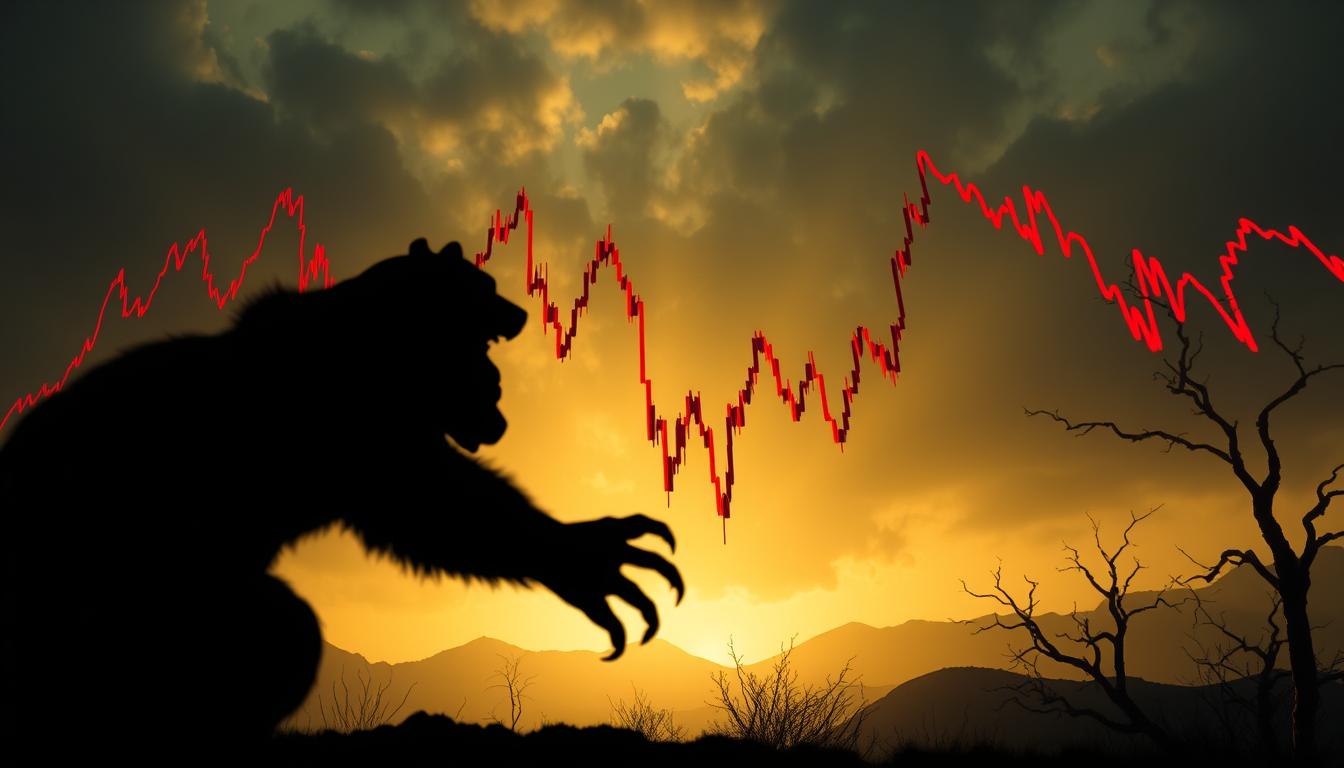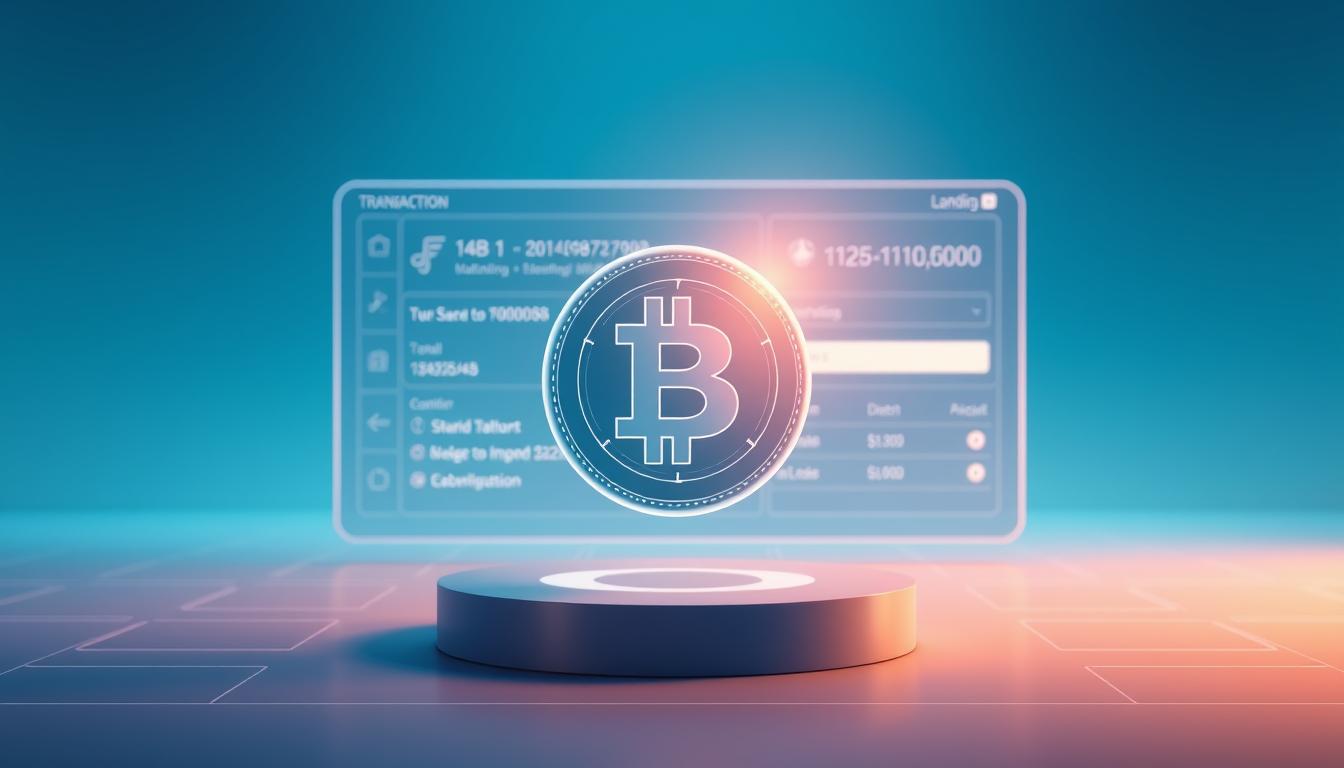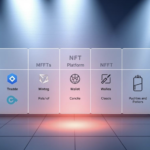Digital assets are getting more popular, and keeping them safe from cyber threats is crucial. Robust security measures are key to protect your investments. With the rise of cryptocurrency, hackers
Hot Posts91- Page
As cryptocurrency adoption continues to surge globally, so does the sophistication of fraud schemes targeting digital assets. In 2023 alone, cryptocurrency-related fraud resulted in losses exceeding $3.2 billion, highlighting the
Industries managing sensitive information face growing challenges. From medical records to property transactions, outdated systems struggle with security gaps and inefficiencies. Recent projections show the market for secure data solutions
The value of blockchain-based collectibles continues to surge, with industry forecasts predicting a $230 billion market by 2030. As ownership of unique digital items grows more mainstream, malicious actors refine
Navigating cryptocurrency downturns requires keen observation and strategic thinking. This guide explores how to recognize when digital assets may be reaching their lowest points during challenging periods. Identifying potential turning
Digital ownership in interactive entertainment is evolving rapidly. New systems now let players truly own in-game items, characters, and achievements through unique digital certificates. These certificates use cutting-edge technology to
The world of cryptocurrency is evolving rapidly, and artificial intelligence is at the forefront of this transformation. By leveraging advanced algorithms, traders can now make smarter, faster, and more informed
Digital collectibles are transforming finance through groundbreaking collateralization methods. Unique blockchain-based assets now enable holders to access liquidity while retaining ownership – a concept reshaping decentralized markets. This emerging approach
The global value of blockchain-based assets now exceeds $2.5 trillion, reflecting growing mainstream adoption. With users generating over 100 megabytes of emotional data every minute through social interactions, understanding crowd
Digital networks powering decentralized apps and financial tools face a major challenge: handling millions of users without slowing down. In January 2024, one leading platform hit 2 million daily transactions,



